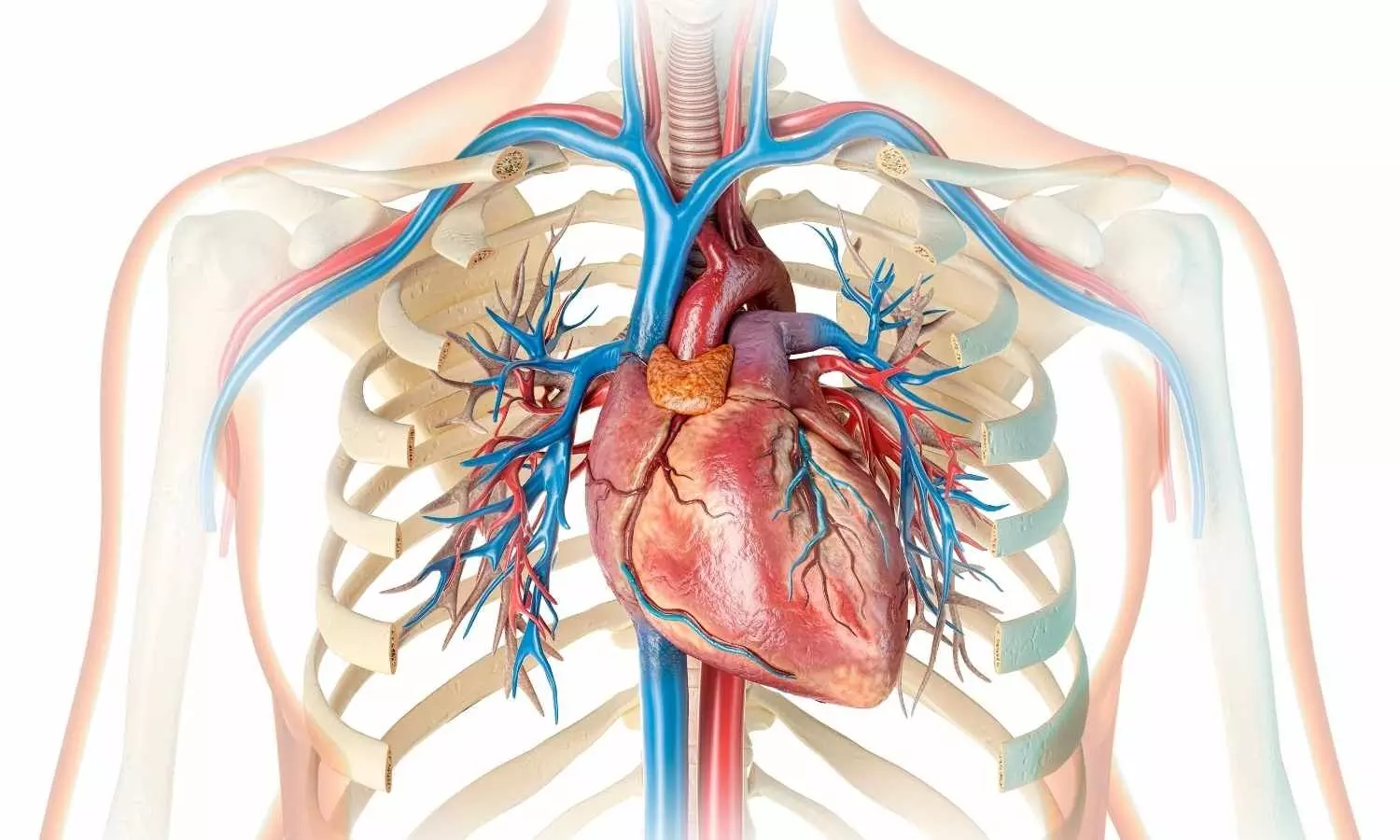Insulin Resistance Linked to Aortic Stenosis Risk in Men: Finnish Study

New Delhi: In a population-based study involving 10,144 Finnish men over 45, researchers have identified biomarkers reflecting insulin resistance as significant risk factors for aortic stenosis (AS), the most common heart valve disease globally.
Published in Annals of Medicine, the study sheds light on the previously underexplored relationship between insulin resistance and the pathogenesis of this common valvular heart disease.
Aortic stenosis, characterized by progressive calcification and obstruction of the aortic valve, is the most prevalent valvular heart disease in Western nations.
Dr Johanna Kuusisto, a senior researcher from the University of Eastern Finland, explained, “This study demonstrates that insulin resistance plays an independent role in the development of aortic stenosis, separate from other cardiovascular risk factors such as age, diabetes, and hypertension.”
The study found that men with higher levels of fasting plasma insulin, serum C-peptide, and proinsulin were significantly more likely to develop AS during the 10.8-year follow-up. Additionally, lower Matsuda index values, which indicate reduced insulin sensitivity, were associated with increased AS risk.
Dr Maija Sohlman, the lead author, stated, “Our findings highlight a novel mechanism linking insulin resistance to AS, suggesting that hyperinsulinemia may contribute to the calcification and obstruction of the aortic valve through metabolic and inflammatory pathways.”
The research utilized advanced principal component analysis, identifying clusters of risk factors, including insulin resistance, ageing, and systemic inflammation. These findings provide new insights into the multifactorial nature of AS and emphasize the importance of addressing metabolic health to mitigate its progression.
Dr Raimo Jauhiainen, another contributing researcher, emphasized, “The results indicate the potential of targeted interventions, such as improving insulin sensitivity through lifestyle changes or pharmacological means, to prevent the onset of aortic stenosis.”
The study underscores the urgent need for further research into therapeutic strategies addressing insulin resistance as a modifiable risk factor for AS.
As Dr Kuusisto concluded, “This work opens avenues for novel preventative measures and treatments that could significantly improve outcomes for individuals at risk of this debilitating disease.”


